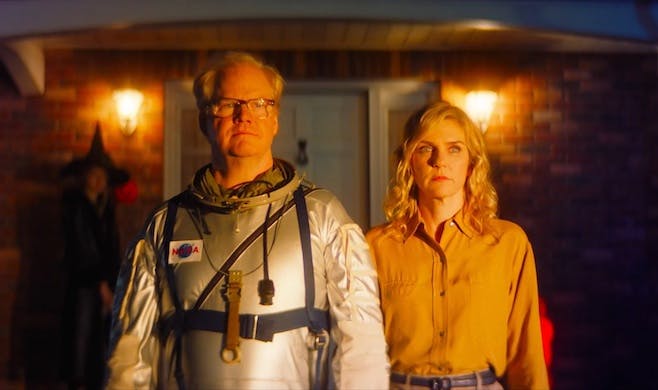
From Log Cabins and Empty Lots, Presidential Origins Manifest America’s Destiny
By DEAN KARAYANIS
|The work of David Lynch is a reference point for writer/director Colin West, with the movie’s lighting and sound effects mimicking the master director’s surreal techniques during certain key moments.

Already have a subscription? Sign in to continue reading

By DEAN KARAYANIS
|
By CONRAD BLACK
|
$0.01/day for 60 days
Cancel anytime
By continuing you agree to our Privacy Policy and Terms of Service.
By JOTAM CONFINO